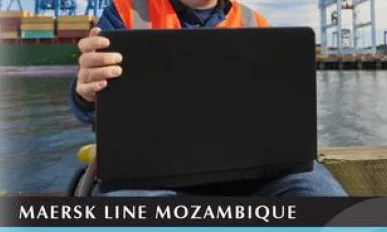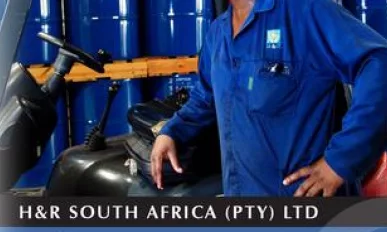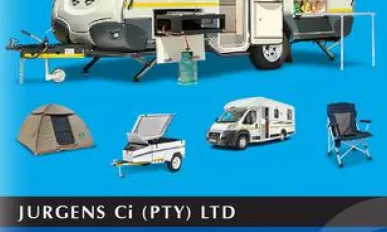Issue 36
MTN Congo : Reflecting Hope for a Brighter Future
For 16 years MTN Congo, one of Africa’s leading telecoms operators, has been revolutionising advanced technologies and infrastructure development in The Republic of Congo.
Nando’s South Africa : Born in South Africa, Universal in Appeal
The Nando’s story is one full of flavour and culture, but despite the brand’s ever-growing presence and global influence over the years, the much-celebrated chicken restaurateur has never forgotten its South African roots.
Agro-Marketing & Trade Agency (AMTA) : Improving Access to Horticulture
Agro-Marketing & Trade Agency (AMTA) strives to ensure food security at both a national and household level through the development of the most relevant value-add horticultural investments.
GHC Africa Project Management : Construction Without Borders
GHC Africa Project Management has built a prominent and reputable portfolio that spans the continent, representative of its competitive positioning in the industry for the past quarter of a century.
STANLIB Fahari I-Reit : Real Estate Innovators
STANLIB Kenya is a leading fund manager in the East African region with a strong track record which has been established over many years of managing assets for a wide array of clients.
Murray & Dickson Construction : Sustainable Growth Pays Dividends
For more than 30 years, Murray & Dickson Construction (M&D) has been expanding and diversifying its offering across an ever-widening geographic footprint.
Azmet Technology and Projects (PTY) Ltd
For AZMET Technology and Projects, its vast and rapid success has derived from entering the industry with specific solutions to said challenges as its actual business model.
SENET : A Model of Excellence
SENET is offsetting industry-wide struggles to ensure the ongoing and consistent provision of cost-efficient solutions in 2016, staying true to a client-focused commitment to quality that has thrived on the continent for more than 25 years.
Mbuyelo Group : Combining Entrepreneurship and Stability
By working on a plan for consolidation and acquisition of further assets to solidify its position in South Africa’s coal mining industry, Mbuyelo Group is to overcome the current commodity slump and retain market stability.
ARINT South Africa : Consolidating in a Toughening Economy
The ARINT Group of Companies has expanded in tandem with its growing customer base; with the main objective to provide customers with a solution-driven service.
Maersk Line Mozambique : Reducing the Barriers to Trade
For almost three decades, Maersk Line has been a crucial enabler in the development of Mozambique’s maritime industry, serving to grow this emerging nation’s reputation as a key East African logistics hub.
Emtel : Today’s Convenience, Tomorrow’s Technology
Emtel has established itself as a leading light in modern and futuristic provision of telecoms services, and continues its drive towards 4G technologies and innovative value-add services.
Airtel Nigeria : The Smart Choice
The pressure on producing unique and standout offerings is palpable, but is certainly something that Airtel Nigeria has managed to achieve.
H&R South Africa (PTY) Ltd : A Customer-Centric Approach
H&R South Africa is continuing its cross-border expansion plans to spread the availability, market knowledge and reach of its products.
Jurgens Ci (PTY) Ltd : Enhancing Sales Through Investment
South Africa’s largest caravan manufacturer and wholesaler, Jurgens Ci, has been significantly expanding its customer base and achieving sustainable growth levels.
Lidwala Insurance Company : First-Choice Provider of Short-Term Insurance
Lidwala Insurance Company has taken an opportunistic approach to securing future growth in the sector and the financial products required that offer affordable and innovative risk transfer solutions to the Swazi economy.
Alesco Risk Management Services : A Truly Personal Service
In just eight years, Alesco Risk Management Services has diversified its portfolio at a rapid and extensive rate, leading the Company to award-winning notoriety and instilling its reputation in the industry as a fully-integrated, reliable and turnkey partner of choice.
Victoria Commercial Bank : A Credit to Kenyan Banking
Victoria Commercial Bank (VCB) has built upon a successful 2014 with an even more prosperous 2015 as it continues to capitalise on the positive reputation constructed within Kenya’s finance industry.
Ministry of Health Swaziland : Striving for Universal Health Coverage
For nearly 50 years, the Ministry of Health (MOH) Swaziland has been striving to improve the health status of the country’s population by providing preventative, curative and rehabilitative services.





















